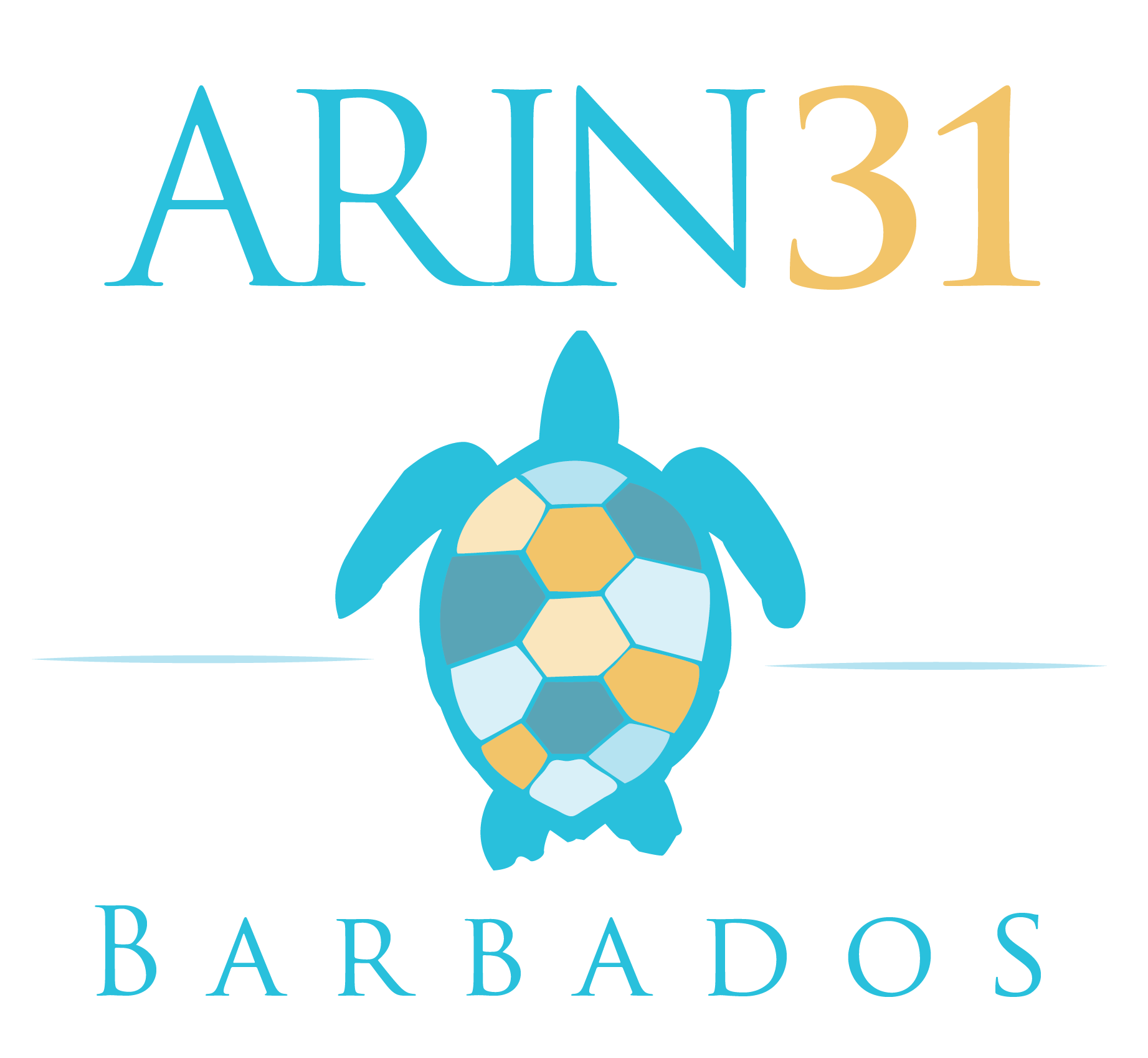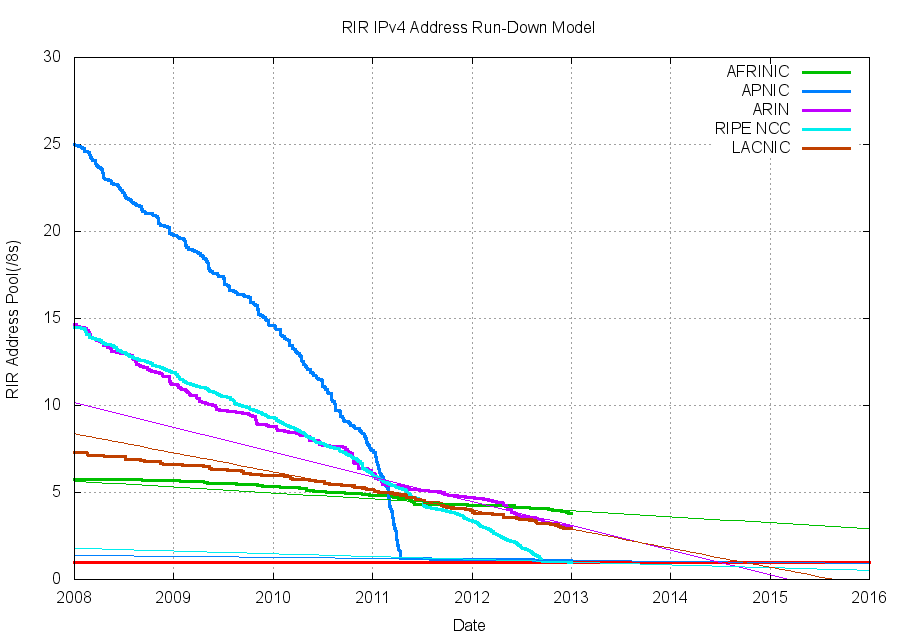In the end, it appears to me that the outcome was not really what most of the stakeholders wanted. The US and other western democracies walked away from the treaty after language was inserted into the treaty which appeared intended to bring Internet governance into the scope of the ITU-T. The USG also appears to have objected to the procedural methods of the final treaty text negotiation. The only thing that seems clear is that the various nation-states and other stakeholders around the world have different visions on how the Internet should be regulated and managed going forward.
Here is the rather large collection of articles and a few select quotes, with a number of differing viewpoints, I’ve collected over the past 2 months since the end of the meeting.
U.S. Refuses to Sign ITU Treaty Over Internet Provisions
US and UK refuse to sign UN’s communications treaty
Ambassador says US “cannot sign the ITU regulations in their current form”
Internet Safe From Globalized Censorship as UN Treaty Fails
ICANN Blog: WCIT…In Conclusion
I [Fadi Chehadé] used this opportunity to engage with the many delegations in Dubai in support of our remarkable multistakeholder model. I was pleased that we received public assurances from ITU Secretary General Dr. Hamadoun Touré that neither Internet resources nor ICANN would be the subject of the WCIT treaty. During the past fortnight there has been much debate on many issues – much discussion, argument and many long nights. In the end, however, we are pleased the final text of the International Telecommunications Regulations does NOT include reference to ICANN’s work.
The UN’s telecom conference is finally over. Who won? Nobody knows
Hamadoun Touré, the ITU Secretary-General, suggested it was ridiculous to exclude the internet when it comes to global communications policy.
“If the word internet was used frequently here in Dubai, it is simply a reflection of the reality of the modern world,” he said. “Telecommunication networks are not just used for making voice calls, so our two worlds are linked.”
The treaty was supported by 89 countries in the 193-member U.N. telecom union. About 55 did not vote, including about 20 Western nations and the United States. Other nations did not have representatives with enough rank to cast a vote.
WCIT-12 Disappoints, More Work to Be Done
America’s First Big Digital Defeat
The open Internet, available to people around the world without the permission of any government, was a great liberation. It was also too good to last. Authoritarian governments this month won the first battle to close off parts of the Internet.
At the just-concluded conference of the International Telecommunications Union in Dubai, the U.S. and its allies got outmaneuvered. The ITU conference was highly technical, which may be why the media outside of tech blogs paid little attention, but the result is noteworthy: A majority of the 193 United Nations member countries approved a treaty giving governments new powers to close off access to the Internet in their countries.
U.S. diplomats were shocked by the result, but they shouldn’t have been surprised. Authoritarian regimes, led by Russia and China, have long schemed to use the U.N. to claim control over today’s borderless Internet, whose open, decentralized architecture makes it hard for these countries to close their people off entirely. In the run-up to the conference, dozens of secret proposals by authoritarian governments were leaked online.
ITU head Hamadoun Touré, a Mali native trained in the Soviet Union, had assured that his agency operates by consensus, not by majority vote. He also pledged that the ITU had no interest beyond telecommunications to include the Internet. He kept neither promise.
WCIT Denouement
US Department of State: World Conference on International Telecommunications
There are a number of issues that were critical to the United States in these negotiations. Number one, recognized operating agencies versus operating agencies. The United States consistently sought to clarify that the treaty would not apply to internet service providers or governments or private network operators.
Number two, spam. The United States position remains that spam is a form of content and that regulating it inevitably opens the door to regulation of other forms of content, including political and cultural speech.
Number three, network security. The United States continues to believe that the ITRs are not a useful venue for addressing security issues and cannot accede to vague commitments that would have significant implications but few practical improvements on security.
Number four, internet governance. In several proposals, it was clear that some administrations were seeking to insert government control over internet governance, specifically internet naming and addressing functions. We continue to believe these issues can only be legitimately handled through multi-stakeholder organizations.
And finally, number five, the internet resolution. This document represented a direct extension of scope into the internet and of the ITU’s role therein despite earlier assertions from Secretary General Hamadoun Toure that the WCIT would not address internet issues.
WCIT and Internet Governance: Harmless Resolution or Trojan Horse?
ITU Phobia: Why WCIT was derailed
This blog post asks you to discount both the happy talk coming from the ITU and the ridiculous claims from the US and its allies that the ITR revisions constituted an aggressive new push into Internet regulation by states. Below, we cut through the spin and explain how a phenomenon we will call ITU-phobia contributes to the polarization of Internet governance.
This much is clear: the real crux of the US-led objectors was not the substance of the ITRs. There are a few strident, increasingly strained attempts to find demons in the ITR language, and to come up with ever more outlandish scenarios regarding the potential for trouble in the future. But these scenarios, as we shall see, lack plausibility. In reality, rejectionism was fueled by the debate over Resolution #3 and the decision by the ITU to rely on voting rather than consensus.
NRO Observations on WCIT-12 process
Neither the content of this conference, nor its conduct during this critical final period, have met community expectations or satisfied public assurances given prior to the event.
Internet stakeholders around the world watched the WCIT preparations closely, and were hopeful, throughout those processes, of two things: that WCIT would have no bearing on the Internet, its governance or its content; and that the event would allow all voices to be heard. The ITU Secretary General himself made these assurances on multiple occasions, and reiterated them in his opening remarks to the conference.
Regrettably, expected WCIT discussions on traditional telecommunication issues were eclipsed by debates about Internet-related issues.
Looking forward to a future Internet
Much Ado About WCIT-12 and Multi-Stakeholderism
The US based its arguments and opposition to the final treaty on five key issues, namely: (i) a perceived risk of applying the treaty to Internet Service Providers, governments or private network operators, (ii) spam, (iii) network security, (iv) Internet governance, and (v) the extension of the scope of the ITRs to include the Internet. Although the US arguments are fervent and sound coherent, many of them on closer examination are found to have more holes than Swiss cheese. Indeed, much of the sanctimonious noise from the US is mainly about protecting its national interest, and not genuine multi-stakeholderism.
Let’s keep this dead horse alive, so we can beat it some more
A lot of people invested tons of money and effort to characterize the ITU’s WCIT, which was organized to revise the 1988 International Telecommunication Regulations, as an attempt to regulate or “take over” the Internet. That Godzilla-sized threat quickly shriveled to the size of a small, squashable bug in December, as the US and its supporters got the ITU to accept almost every U.S. demand to keep the telecom regulations away from the Internet. As noted in a earlier blog post here, the revised ITRs not only do not “take over” the Internet, they say nothing about the Internet at all. And still, the US and 54 allies refused to sign it, because they objected to a nonbinding resolution which allowed the ITU to keep discussing Internet governance.
The Continuing ITU Meltdown
2012 WCIT Meeting Beginning of Long Internet Cold War Between Authoritarians and Liberal Democrats
“Multi-Stakeholderism” and the Internet Policy Debate
Recent ITU-sponsored processes, such as the revision of the International Telecommunications Regulations (ITRs) at the 2012 World Conference on International Telecommunications (WCIT-12), have stimulated much debate about the manner in which telecommunications policies, particularly international frameworks for telecommunications policies, are formulated. One view is to use our existing institutions and forums to consider such matters, and use traditional representation-based mechanisms to bring various national perspectives into an international context of policy formulation. Another perspective that has come to prominence in recent years is to use a framework of direct participation in policy formulation, and directly involve the various stakeholders in the process of formulating common policies.
 The spring ARIN 31 meeting is fast approaching. The final meeting agenda has recently been published. There are also opportunities to participate remotely for those who are unable to make the meeting in person.
The spring ARIN 31 meeting is fast approaching. The final meeting agenda has recently been published. There are also opportunities to participate remotely for those who are unable to make the meeting in person.
